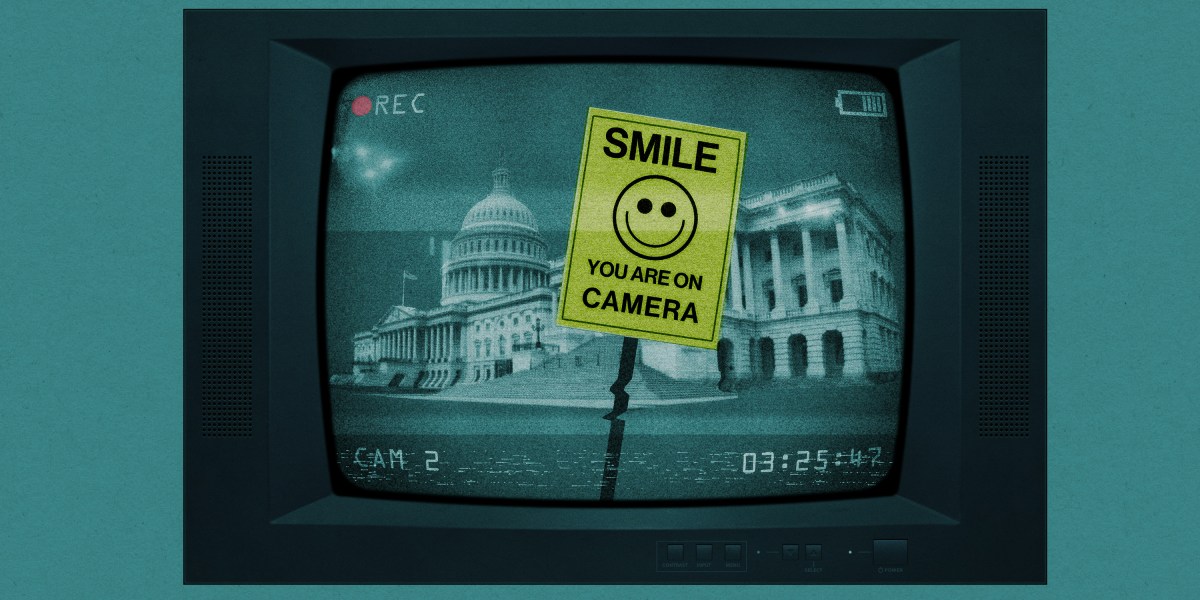
What do the critics of Section 702 say?
Of particular concern is that while the program intends to target people who aren’t Americans, a lot of data from US citizens gets swept up if they communicate with anyone abroad—and, again, this is without a warrant. The 2022 annual report on the program revealed that intelligence agencies ran searches on an estimated 3.4 million “US persons” during the previous year; that’s an unusually high number for the program, though the FBI attributed it to an uptick in investigations of Russia-based cybercrime that targeted US infrastructure. Critics have raised alarms about the ways the FBI has used the program to surveil Americans including Black Lives Matter activists and a member of Congress.
In a letter to Senate Majority Leader Chuck Schumer this week, over 25 civil society organizations, including the American Civil Liberties Union (ACLU), the Center for Democracy & Technology, and the Freedom of the Press Foundation, said they “strongly oppose even a short-term reauthorization of Section 702.”
Wikimedia, the foundation that runs Wikipedia, also opposes the program in its current form, saying it leaves international open-source projects vulnerable to surveillance. “Wikimedia projects are edited and governed by nearly 300,000 volunteers around the world who share free knowledge and serve billions of readers globally. Under Section 702, every interaction on these projects is currently subject to surveillance by the NSA,” says a spokesperson for the Wikimedia Foundation. “Research shows that online surveillance has a ‘chilling effect’ on Wikipedia users, who will engage in self-censorship to avoid the threat of governmental reprisals for accurately documenting or accessing certain kinds of information.”
And what about the proponents?
The main supporters of the program’s reauthorization are the intelligence agencies themselves, which say it enables them to gather critical information about foreign adversaries and online criminal activities like ransomware and cyberattacks.
In defense of the provision, FBI director Christopher Wray has also pointed to procedural changes at the bureau in recent years that have reduced the number of Americans being surveilled from 3.4 million in 2021 to 200,000 in 2022.
The Biden administration has also broadly pushed for the reauthorization of Section 702 without reform.
“Section 702 is a necessary instrument within the intelligence community, leveraging the United States’ global telecommunication footprint through legal and court-approved means,” says Sabine Neschke, a senior policy analyst at the Bipartisan Policy Center. “Ultimately, Congress must strike a balance between ensuring national security and safeguarding individual rights.”
What would reform look like?
The proposal to reform the program, called the Government Surveillance Reform Act, was announced last week and focuses on narrowing the government’s authority to collect information on US citizens.
